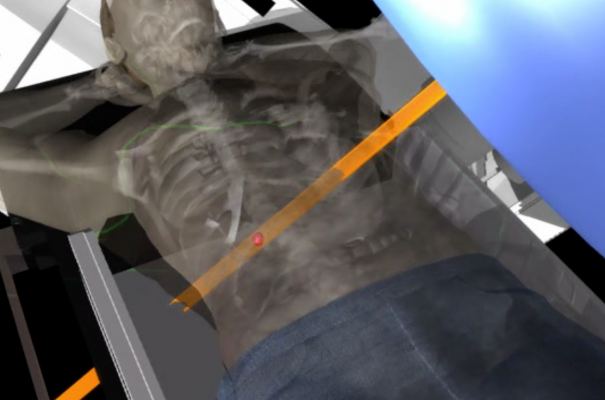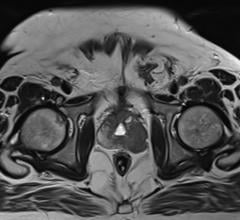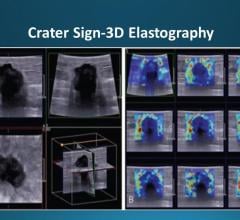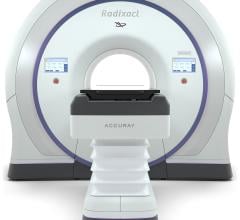
April 18, 2016 — Brainlab AG and Dalhousie University, Atlantic Canada’s leading research-intensive university, have entered into an exclusive intellectual property license agreement for integration with next-generation radiosurgery software.
The exclusive license covers technology for patient-tailored, optimized arc-trajectories aimed at minimizing radiation dose to organs at risk without compromising target coverage. The new algorithm creates a suitability ranking for every gantry- and couch-position based on geometric overlap of multiple risk organs and the target volume, and considers the relative depth of structures and dose tolerances. The algorithm can reward regions of approach which allow the most rapid dose fall-off toward specific organs at risk. The optimization can be applied to fixed couch arcs as well as simultaneous gantry-couch movements.
“We have developed an effective method for trajectory-based treatment planning and delivery, often referred to as the Four-Pi approach. In addition to minimizing peripheral dose, the new algorithm alleviates the need for beam modulation, increasing the efficiency of planning and treatment delivery,” explained James Robar, Ph.D., FCCPM, chief of medical physics, Dalhousie University. “For patients, this means that we can further limit dose to healthy organs surrounding the tumor, without extending treatment times.”
For more information: www.brainlab.com


 March 28, 2024
March 28, 2024 








